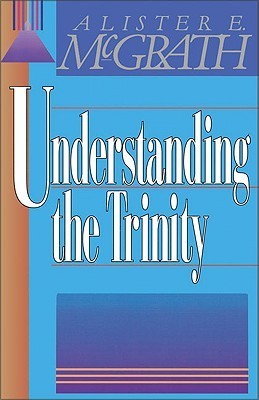As others said, this book is not a heavy, serious academic engagement on the doctrine of the Trinity. In a relative disorganization, let me point out a few things.
- it would have benefited readers had it been entitled "Understanding the Triune/Trinitarian God" because it spends way too much space on how we relate to God and how we know God in the first half and more chapters. If it had not been for the author's meandering, I would have given it more than 3 stars.
- If you want to get a good glimpse of his treatment of the Trinity, then focus on Ch. 8 and 9 and quit. Other chapters may serve future Christians and new Christians than those interested focusedly in the Trinity doctrine.
- there are lots of illustrations in the early chapters-- that are mostly helpful but don't waste your time on every sentence because they are repetitive.
- although the author explicitly denies modalism, his illustrations get pretty close to them.
Overall, I get the sense that this book may have been his writing exercise, and not really an apologetic, engaging, or throroughly polemic/doctrinaire work, which the "mistitle" that misled many of us. No doubt there were some insightful moments here and there. Just don't expect too much.

